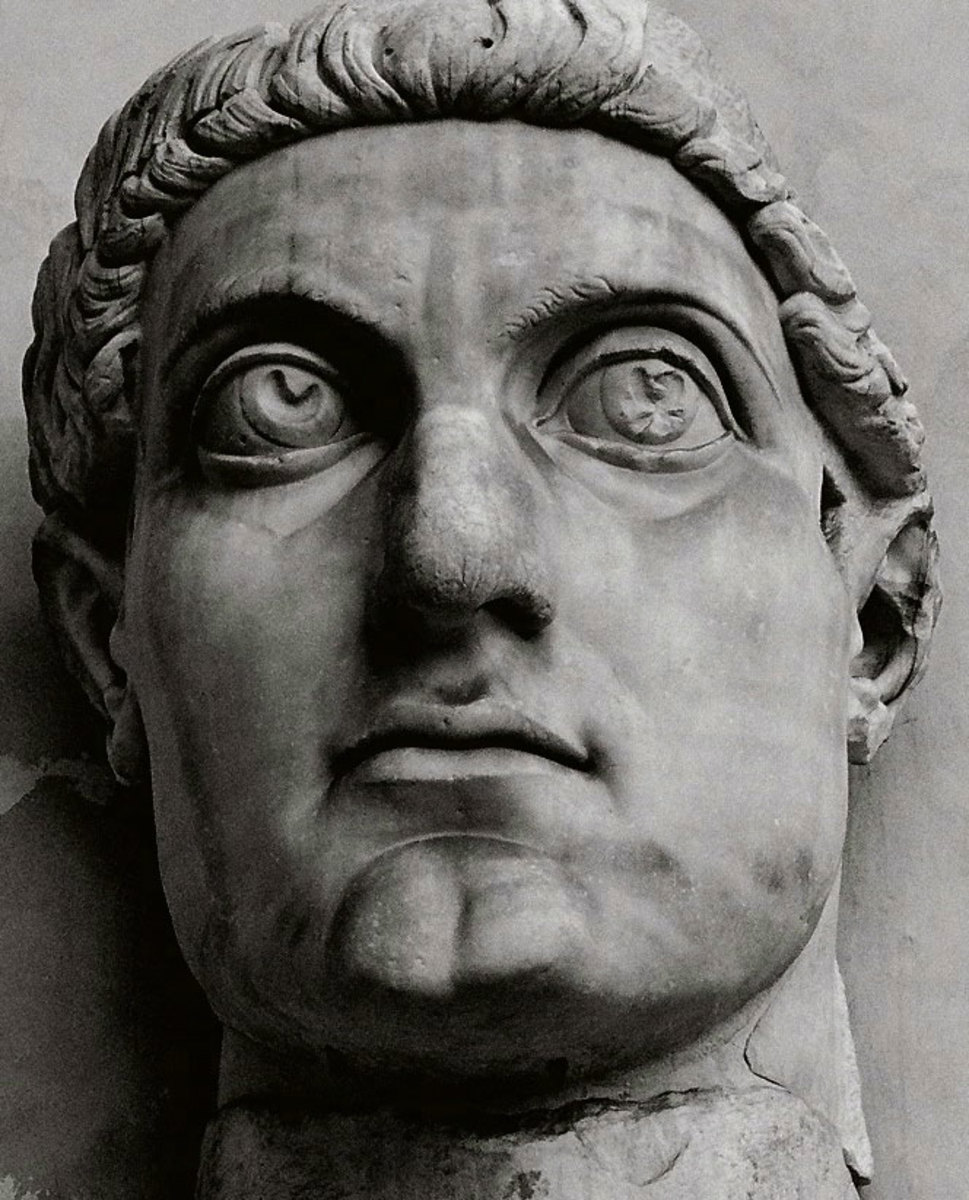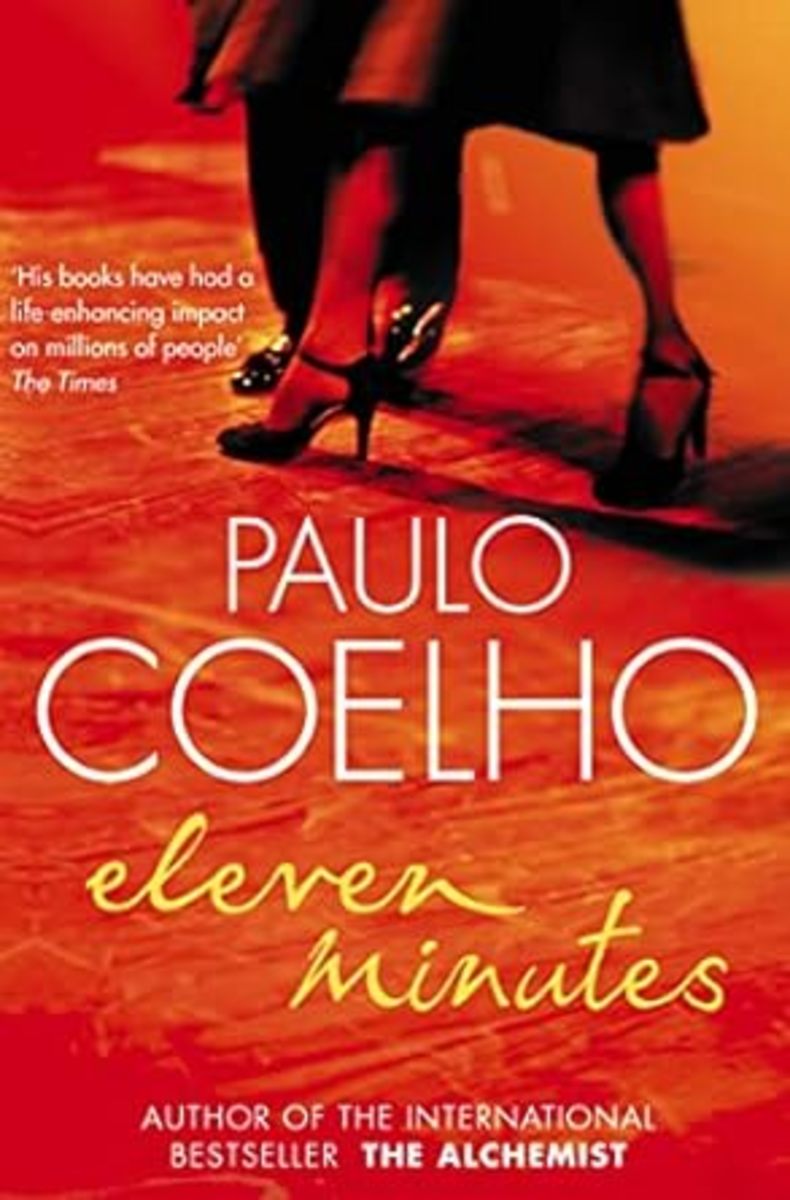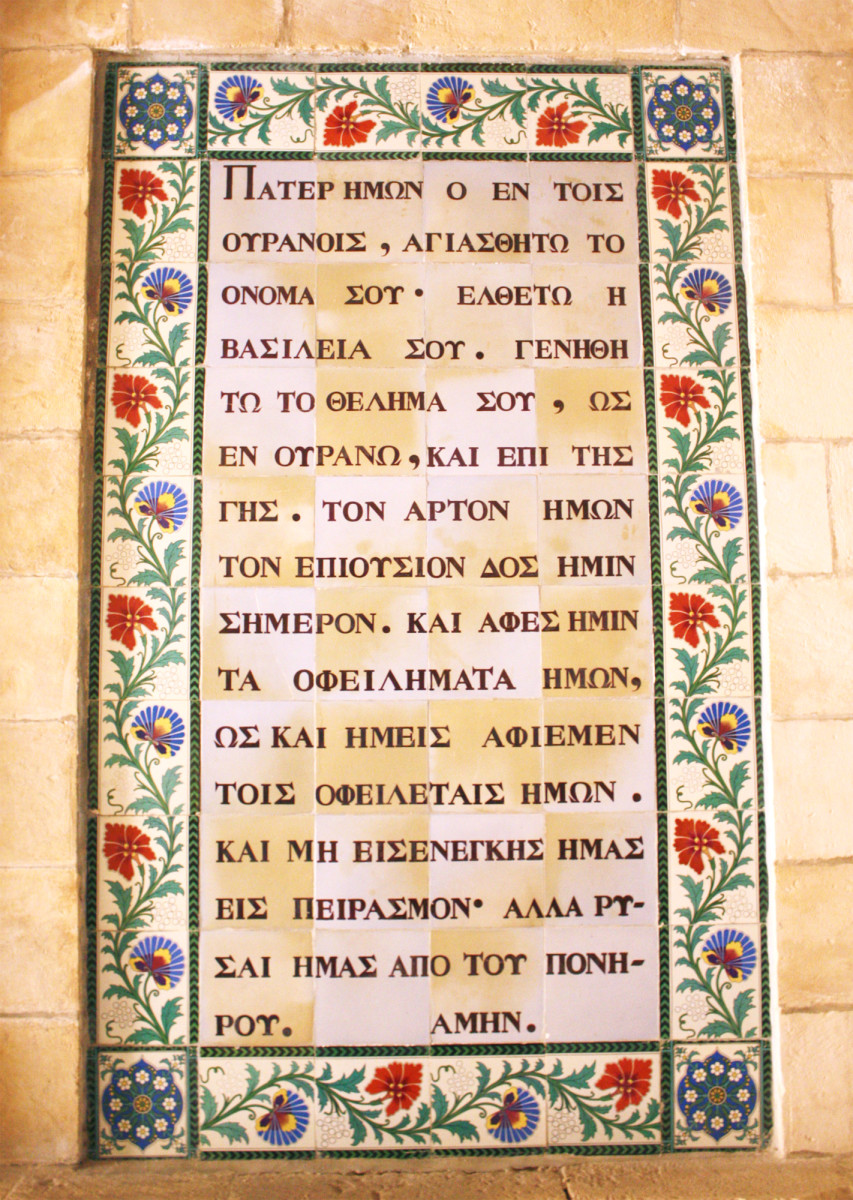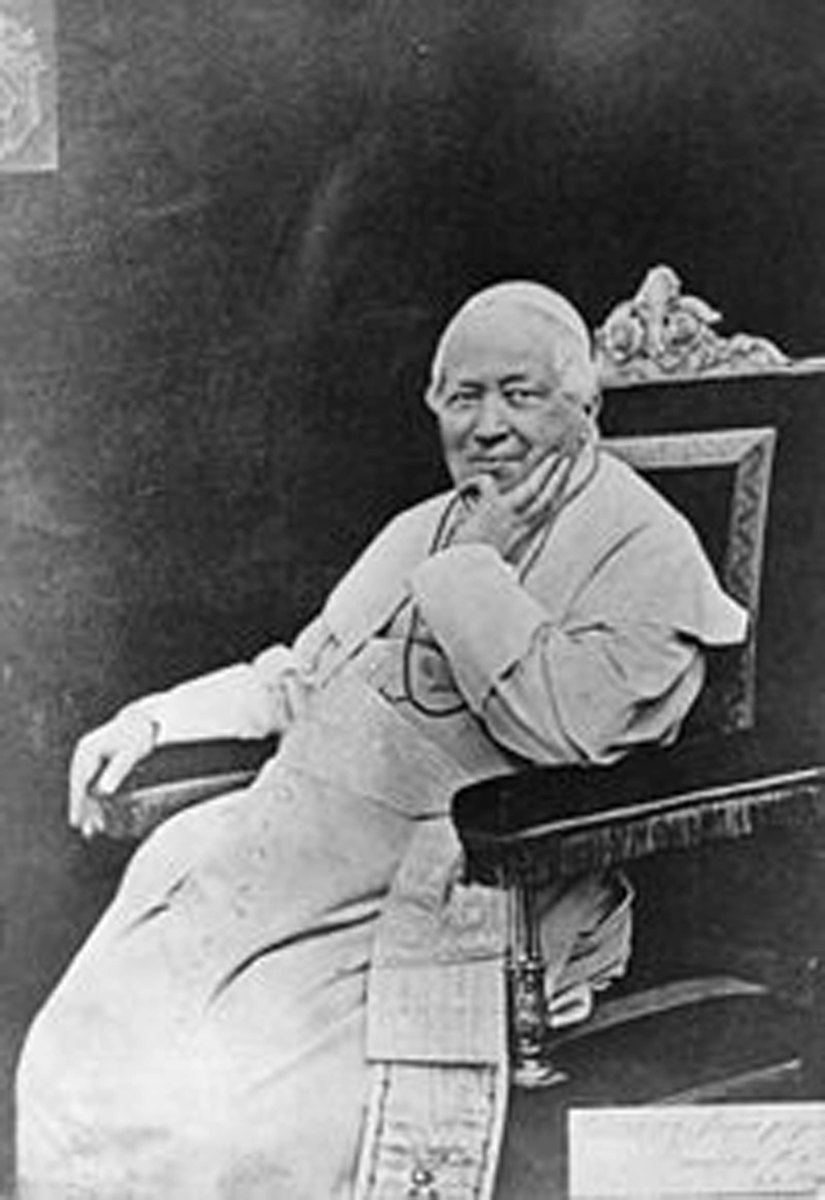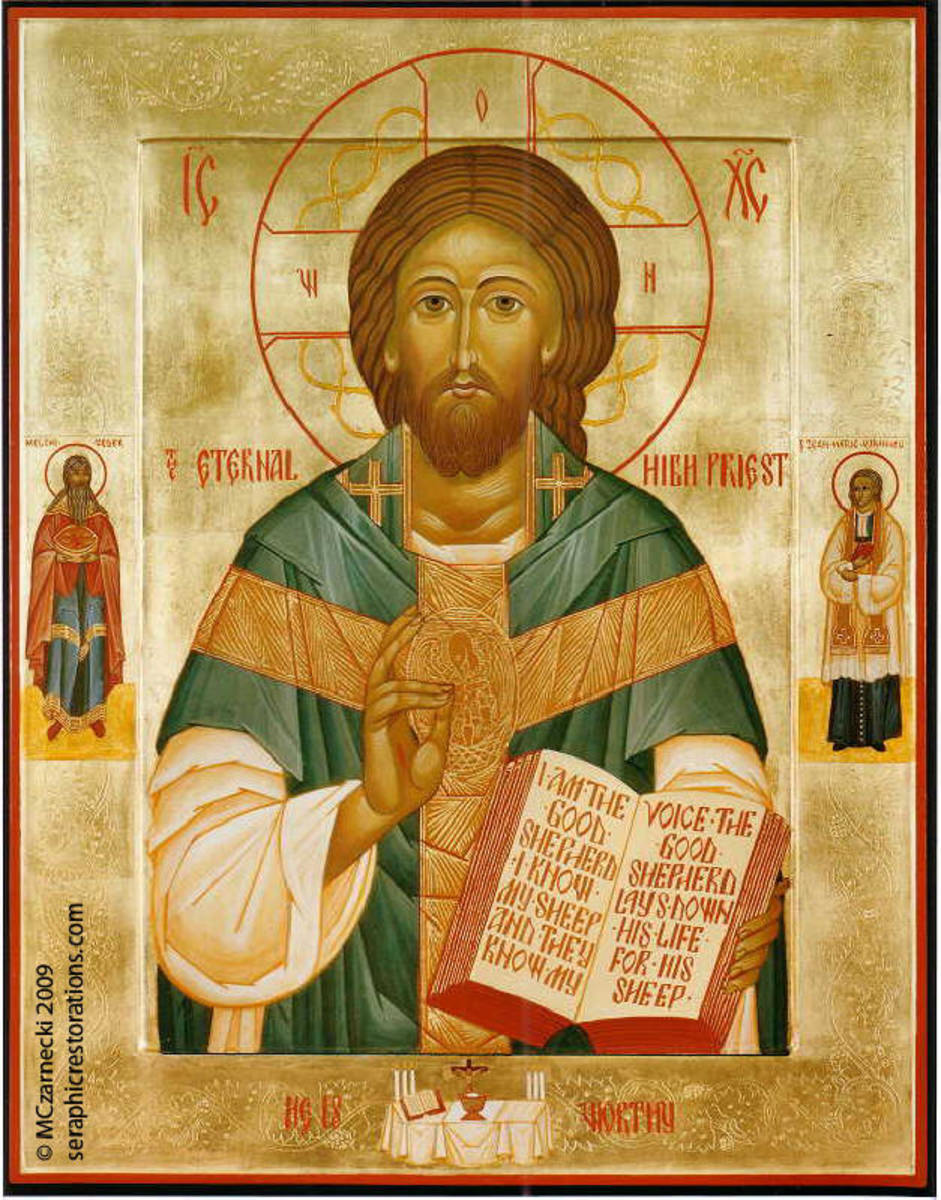A General Understanding of the Nicene Creed
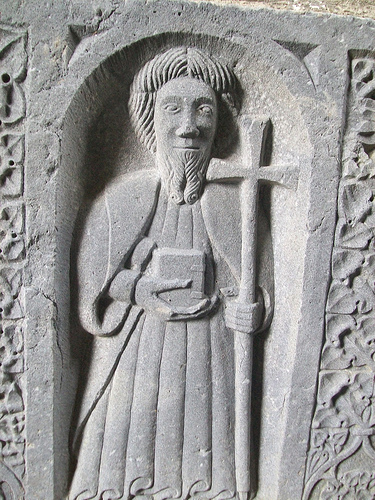
Introduction
The Belief in Christianity, What is it? It would be a belief in the Trinity (The Father, The Son, and the Holy Ghost), a tradition that goes back to the days of Judaism in the 9th Century B.C.E. It has grown to become one of the largest religions in the world today. The question is, what is the set of principles that have come to structure such a religion as it is based in the Roman Catholic, Anglican, Lutheran, and others with the exception of most Protestant denominations.
The Creed that helps to structure the Christian Beliefs before the Apostles' Creed (A Creed that is practiced in the west but not in the east), is commonly known as the Nicene Creed. This document was brought about by the first ecumenical council, which met in the city of Nicaea. It is recited during a Roman Rite Mass, or simply after the homily of all Sundays. The Byzantine Liturgy is recited during all occasions, a profession of faith to a stronger degree.
There are a number of changes that have been made to the document as it proceeded through wartime, religious dispute, or different mixes of cultural influence. The original form was created in 325 in the city of Nicaea, although the year 381 brought about changes commonly known as the "Niceno-Constantinopolitan" Creed. This particular revision by the second Ecumenical Council made the revised changes in order to adopt the multiple cultural influences the dominated the region at the time. Below is a chart to accompany the results of both the original and the revised edition.
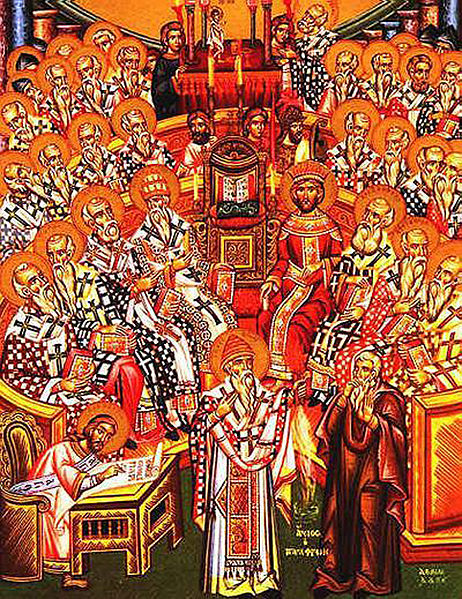
First Council of Nicaea V.S. First Council of Constinople
First Council of Nicaea (325 A.D.)
| First Council of Constinople
|
|---|---|
We believe in one God, the Father Almighty, Maker of all things visible and invisible.
| We believe in one God, the Father Almighty, Maker of heaven and earth, and of all things visible and invisible.
|
And in one Lord Jesus Christ, the Son of God, begotten of the Father [the only-begotten; that is, of the essence of the Father, God of God], Light of Light, very God of very God, begotten, not made, being of one substance with the Father;
| And in one Lord Jesus Christ, the only-begotten Son of God, begotten of the Father before all worlds (æons), Light of Light, very God of very God, begotten, not made, being of one substance with the Father;
|
By whom all things were made [both in heaven and on earth];
| By whom all things were made;
|
Who for us men, and for our salvation, came down and was incarnate and was made man;
| Who for us men, and for our salvation, came down from heaven, and was incarnate by the Holy Ghost of the Virgin Mary, and was made man;
|
He suffered, and the third day he rose again, ascended into heaven;
| He was crucified for us under Pontius Pilate, and suffered, and was buried, and the third day he rose again, according to the Scriptures, and ascended into heaven, and sitteth on the right hand of the Father;
|
Whose kingdom shall have no end.
| And in the Holy Ghost. And in the Holy Ghost, the Lord and Giver of life, who proceedeth from the Father, who with the Father and the Son together is worshiped and glorified, who spake by the prophets.
|
N/A
| In one holy catholic and apostolic Church; we acknowledge one baptism for the remission of sins; we look for the resurrection of the dead, and the life of the world to come. Amen.
|
[But those who say: 'There was a time when he was not;' and 'He was not before he was made;' and 'He was made out of nothing,' or 'He is of another substance' or 'essence,' or 'The Son of God is created,' or 'changeable,' or 'alterable'—they are condemned by the holy catholic and apostolic Church.]
| N/A
|
N/A
| Source:Wikipedia
|
A Video on the Council of Nicaea
Importance of this Creed
This Creed, in all it's entirety, gives a profession of faith and a continued belief for years to come. The various churches all have different ways of proceeding in this ritual, although the Byzantine Church has the unique dedication that isn't comparable to most other churches today. The Byzantine Ritual starts by a reciting by the Cantor, who in himself represents the entire group of people within the room at the time, but also represents all Christians as a whole in further faithful idealistic dedication. There is also the tradition of inviting someone from the congregation to speak and recite the creed either alone or together with the cantor, the reasoning to show the importance of the people involved.
The Roman Rite Mass has a different way of presenting the creed, as they incorporate the use of the Apostle's Creed jointly when making rites duriing Masses. The Apostle's Creed alone is presented as, "The second baptismal Symbol of the Roman Church", although both together are known as, "The Profession of Faith or Creed". The western side of European faith is binded by the Apostle's Creed, while the Eastern Byzantine regions strictly forbid the Apostle's Creed, and stick by the Nicene Creed.
The church of Saint Sophia in Nikaia is where the first ecumenical council met under Constantine I
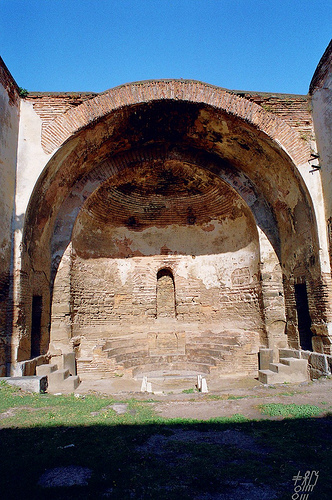
In Conclusion
In Conclusion, the concept behind Christianity, even though it is engraved within the pages of the Bible, the write-up for a profession comes in the form of a Creed, and a revised one at that. You could easily relate this to a political declaration, but for religious purposes and a symbol of the entire Catholic denomination altogether as being closer to their Higher Power.
Do you think the revision of the Ancient Creed was Justifiable?
If you liked this article, you can view some of my others below:
- Are Catholics Considered Christians?
There are many misconceptions of what it means to be Catholic. Are Catholics saved? Do they pray to statues? Are Catholics even Christians? - Chinese Civil Service Examinations
Chinese Civil Service examinations, what were they? How were it used to politically and historically recreate the ways China has built upon itself? Want to find out? - Technocracy: A New Society
What is Technocracy, and how will it shape the future of the world? This Article helps to explain its use in an ever changing world and how we as humans can exist peacefully with machines in a centralized computer consciousness. - The "One" Church of Christ: A Comprehensive Look at the Denominational Divides wit
A comprehensive look at the many divides amongst the Christian denominations. Hopefully, this article will help inform those looking for a place to practice their faith. Please enjoy! - The Greatest Imperialistic Nation of the 19th Century
Great Britain, a Country that dominated the 19th century world, and through economic and an imperialistic process, helped guide the world to what it is today. - Humanist's Guide to Religion: Christianity
This series of articles analyzes and ranks the major religions of the world according to humanism. This article explores the major sects of Christianity and ranks them on the humanist scale. Three primary criteria of humanism are considered: safety a - Was Jesus just a Man?
Was Jesus just a man who claimed to be God? Was he God who appeared to be man? Could he really be all God and all man? - The God Question
In this essay I am taking on an ongoing controversy, here on HubPages: the debate between 'atheists' and 'theists' on the existence of God.

